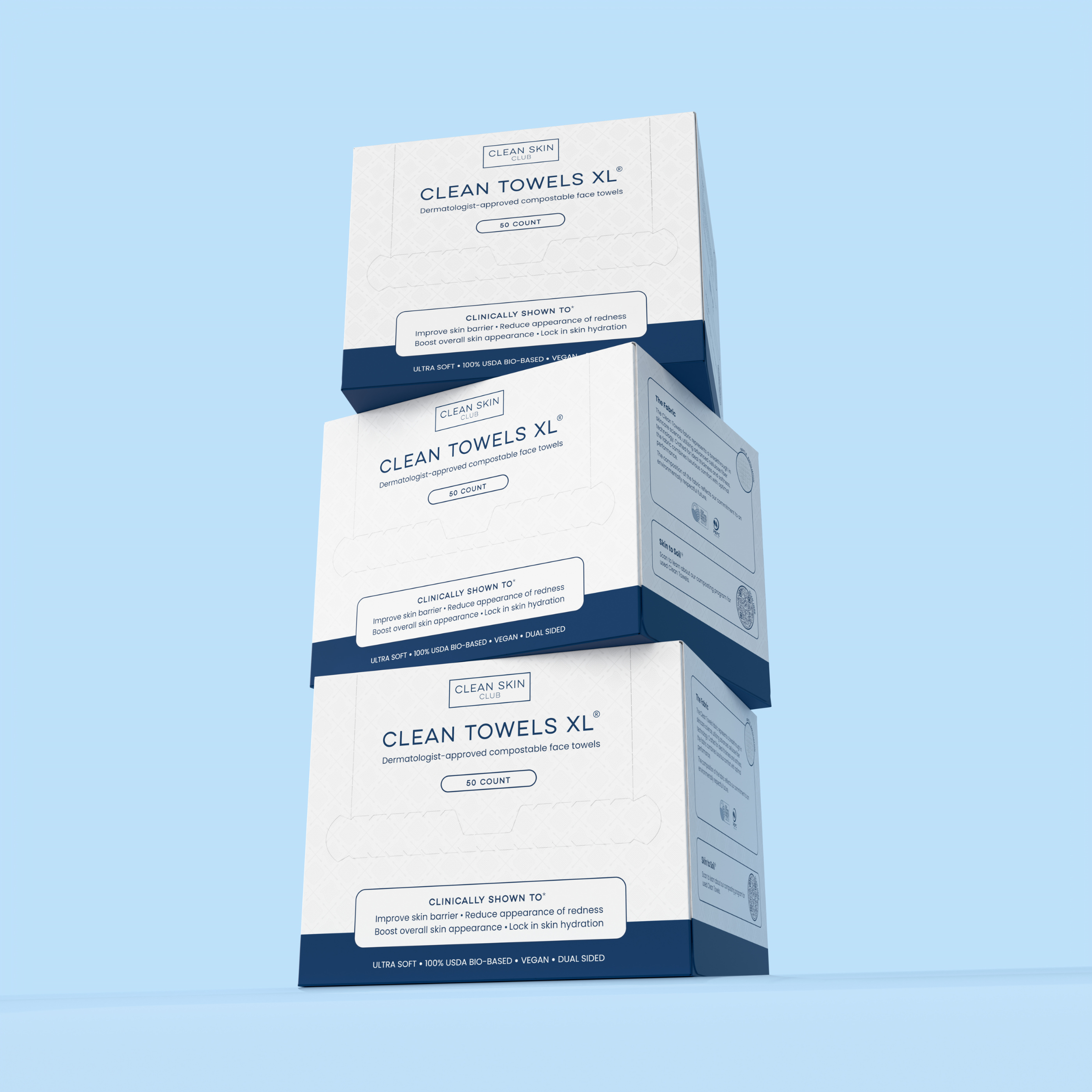Did you know that acne is the most common skin condition in the United States that affects up to 50 million people? I can understand why it would be difficult to treat acne with how much misinformation is spread on the internet about how to go about treating acne, so let me give you some professional guidance. Let’s start off with the basics.
What is Acne?
Acne is an inherited condition of the pores. The acne-prone pore contains abnormally sticky skin cells or as we call them, corneocytes, which are caused by retention hyperkeratosis. Retention hyperkeratosis is the overabundance of skin cells that shed rapidly. Healthy pores types shed about 1 layer of dead skin every day whereas acne-prone skin sheds about 5 layers of dead skin cells every day. Because the acne-prone pore experiences both sticky skin cells and rapid shedding, the pore becomes clogged with sebum, skin cells, and hair into a plug. The plug then becomes infected with bacteria and begins to swell.
We classify acne into 3 different categories
1. Inflammatory Acne - Tends to look visibly red and swollen. This includes pimples, pustules, and cysts.
2. Non-inflamed Acne - Includes open and closed comedones, such as whiteheads and blackheads. This type of acne will appear dull, sluggish, and will give the skin a pebbly-like texture.
3. Combination Acne - Combination acne is a combination of both inflamed and non-inflamed acne. This includes pimples, pustules, cysts, whiteheads, and/or blackheads.
Treatments
At this point, you should have figured out which acne type you have. So now, how do you go about treating your acne type?
- Inflamed Acne - the easiest type of acne to clear since it is very responsive to products. I personally like to focus on calming and soothing products and ingredients such as beta-glucan, aloe, mandelic, sulfur, and omega-3. Icing your skin 2x a day can also help reduce inflammation tremendously.
- Non-Inflamed Acne - if there is no inflamed acne present it can be treated with retinol, AHAs (such as glycolic acid), BHAs (salicylic acid), and physical facial scrubs.
- Combination Acne - You must treat the inflamed acne first and then treat the non-inflamed acne.
Once your skin has been managed, it is important to remember what your acne triggers are. Are your hormones imbalanced? Are you using skincare or cosmetic products that contain pore-clogging ingredients? Are you under a lot of stress? Do you have anxiety? Do you have a healthy and well-balanced diet?
Thank you for reading!
This article of the Skinsider Scoop was graciously written by Licensed Aesthetician and owner of Luxe Skin Bar in Gilbert AZ, Kristie Dorsett, and edited by the Clean Skin Club team. If you're interested in more from Kristie, please shoot us an email, and follow her Instagram - @luxe.skin.bar



